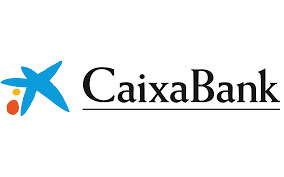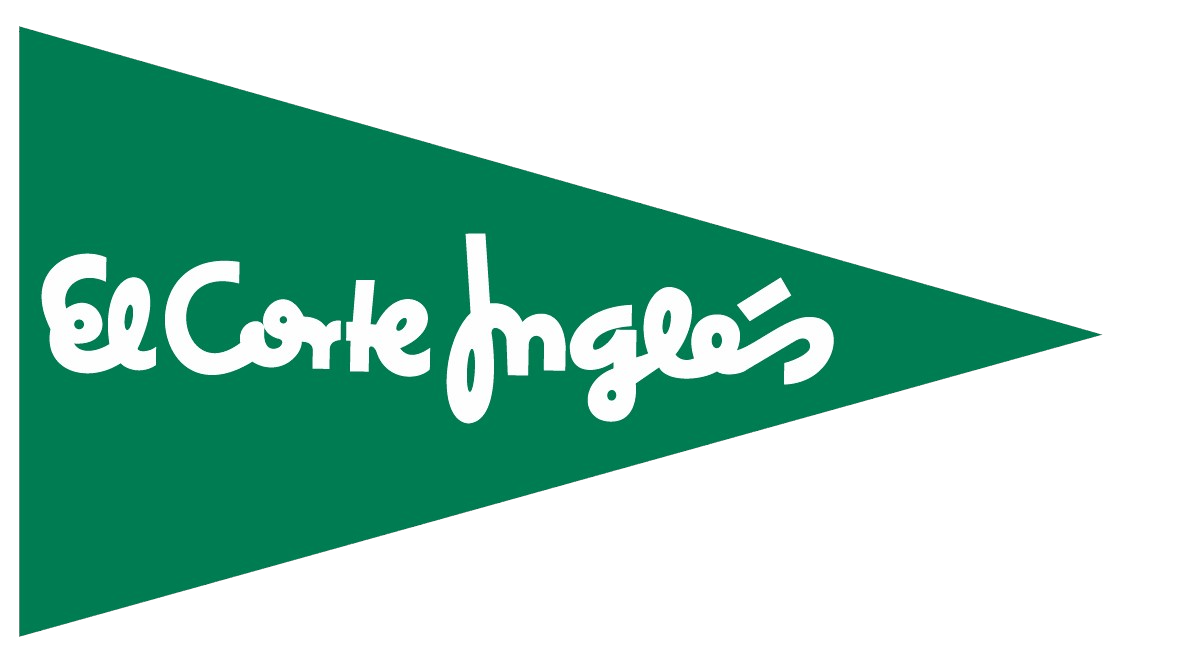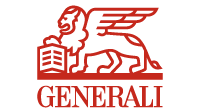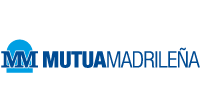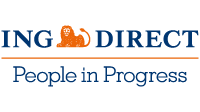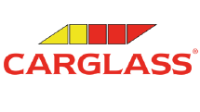Who is this for?

Companies or departments that are considering a transformation to new ways of working and have agile teams to achieve business objectives.

Companies that already work with agile teams but fail to coordinate them efficiently to deliver the right value.
Main Barriers

Shortcomings in the previous analysis, due to the lack of involvement of the sponsor

Lack of training in different areas

Focus only on agile practices and behaviours

Gap between agile practices and the associated level of mindset

Traditional (newtonian) approach to the change process
How do we achieve this?
Applying our Lean Enterprise Agility Solution
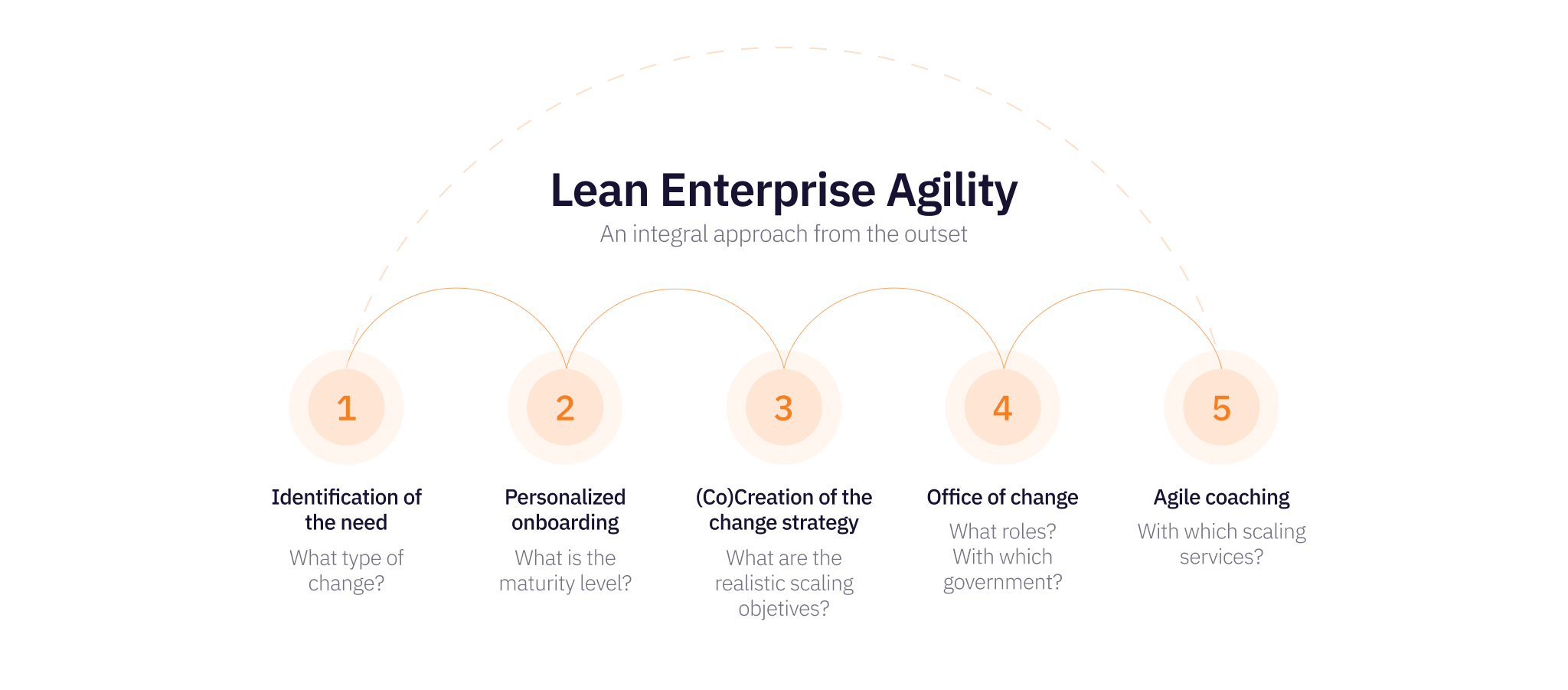
How do Atlassian tools help us?
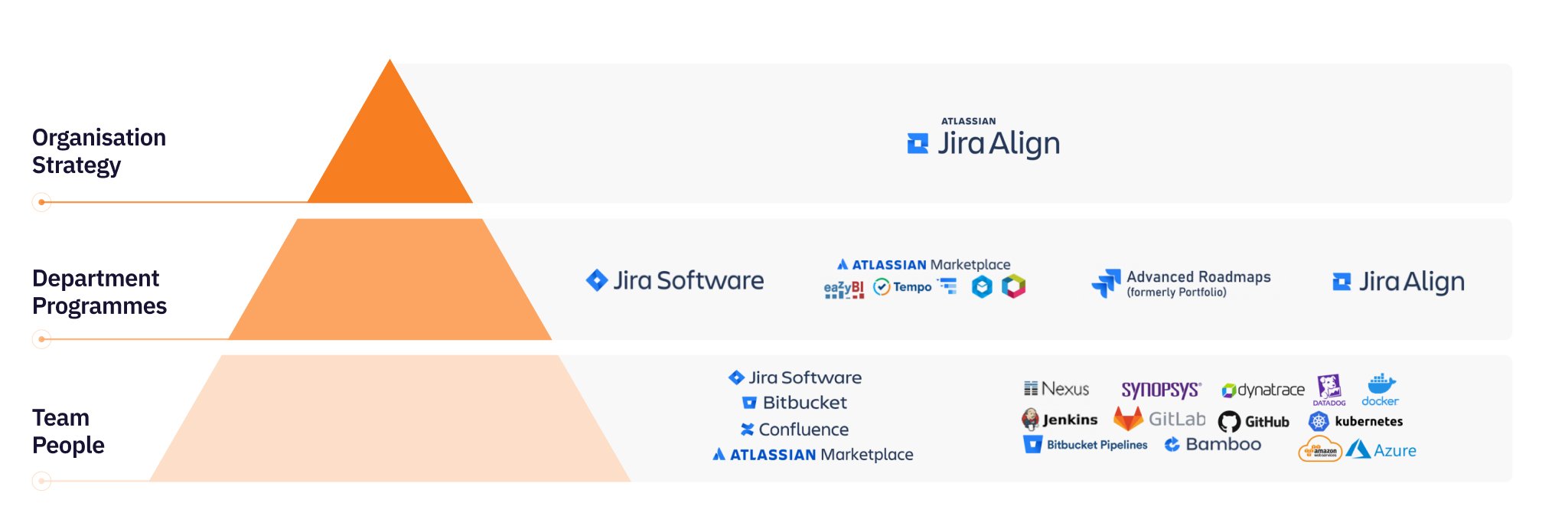
Jira Align: boost your business strategy and align technical teams with business teams.
- Portfolio management
- Product management
- Program management
- Finance and Executives
- Transformation Teams
- Delivery Teams
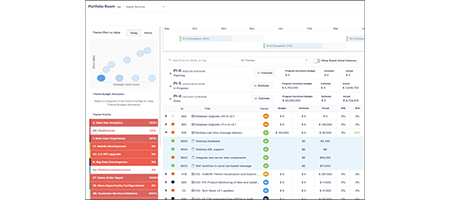 Communicate the status of strategic initiatives to all levels of the organisation through the following functionalities:
Communicate the status of strategic initiatives to all levels of the organisation through the following functionalities:
Real-time connected roadmaps: Create roadmaps for your deliverables updated in real time that you can work with directly with technical and business teams.
Resource allocation: Use Jira Align to manage planned versus actual allocations for each programme, team and person.
Work in progress: Manage how much work is in progress at the initiative, feature and task level by release date, product or team.
Budget vs. real data: Compare budget to actual spend.
Strategic and financial alignment: Connect strategic initiatives to financial business results.
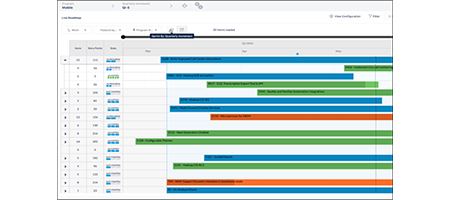 Maximises the delivery of value in agile product management through the following functionalities:
Maximises the delivery of value in agile product management through the following functionalities:
Program board: Visualise what functionality will be delivered, and when, in the corresponding Program Increment.
Forecasting and simulation: Predict the possible outcomes of your decisions and assess the impact of risk, allowing you to make better decisions in times of uncertainty.
Programme tracking: View the status of all risks, dependencies, objectives, initiatives and functionalities for each programme on a single page.
Summarised progress: Get a complete view of everything under development from the initiative level to the task level.
Multi-level roadmaps: This is the place to get a high-level representation of organisational development plans by product line.
Backlog management: Allows prioritisation in different value streams.
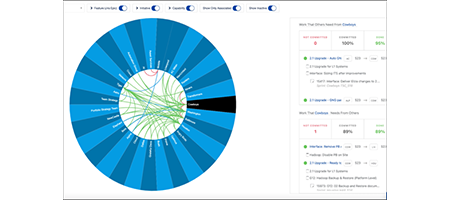 Manages and resolves programme risks, impediments and dependencies, keeping all stakeholders informed through the following functionalities:
Manages and resolves programme risks, impediments and dependencies, keeping all stakeholders informed through the following functionalities:
Program Boards: Visualise what features agreed between development and business will be delivered and when.
Forecasting and simulation: Predict the possible outcomes of your decisions and assess the impact of risk, allowing you to make better decisions in times of uncertainty.
Programme monitoring: View the status of all agile methodology objects on a single page, including risks, dependencies, targets, epics and functionality.
Summary progress: Get a complete view of everything under development from epic level to task level.
Multi-level roadmaps: This is the place to get a high-level representation of organisational development plans by product line.
Dependency management: Manage complex dependencies between programmes and teams to ensure seamless deliveries and integrations.
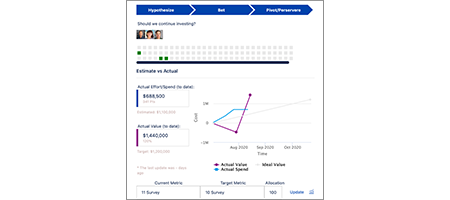 Specific functionalities for management and finance teams provide full visibility in real time:
Specific functionalities for management and finance teams provide full visibility in real time:
Portfolio Value: Get a summary of total spend (CapEx, OpEx) for each portfolio and budget status with various metrics.
Budget, estimate and actual data: Get a detailed organisation, area and product level breakdown of actual spend, estimate and budget in a single report.
Strategic management: Monitor the status, risk level, allocations, status, budget and funding of strategic initiatives.
Resource management: Allocate resources in advance and avoid bottlenecks by visualising the plan to optimise delivery.
Metrics: Manage and consolidate metrics at delivery, sprint, team and people levels.
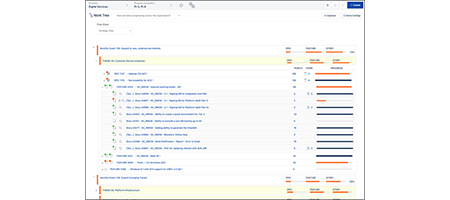 Drive digital transformation with a customised framework to scale agilely across your business.
Drive digital transformation with a customised framework to scale agilely across your business.
Built-in training: Provides the right help every step of the way with on-demand, feature-rich content.
Progress checklists: Provides step-by-step instructions as new people join the Jira Align workflow.
Framework Status Viewer: Visualises each step of the framework or method (e.g. SAFe) being implemented in Jira Align in a visual process map.
Kanban boards: You can also track tasks in the transformation process with kanban boards.
Capacity planning: Manages tasks linked to assigned capacity and monitors overall progress.
Inspection and adaptation: Conducts a regular analysis of progress and discusses with the team possible ideas for improving the process.

Delivery Teams
Manages the work of each sprint linked to the corresponding high-level strategy within the organisation.Sprint analysis: Report detailing the team’s plan at the start of the sprint against the outcome.
Sprint metrics: View statistics for each sprint such as velocity, story breakdown, team status, sprint goals, etc., at a glance.
Quality management: Get a visual overview of the quality of all product lines per deliverable with defects raised by test cases.
Sprint progress monitoring: A detailed view of sprint progress per story, including acceptance criteria status and task breakdowns.
Retrospectives: Periodic analysis of progress and reflection by the team to come up with ideas for improvement.
Detailed team progress: View detailed metrics of sprint progress, including time spent and scope increments that could affect delivery.
Conscious evolution of change
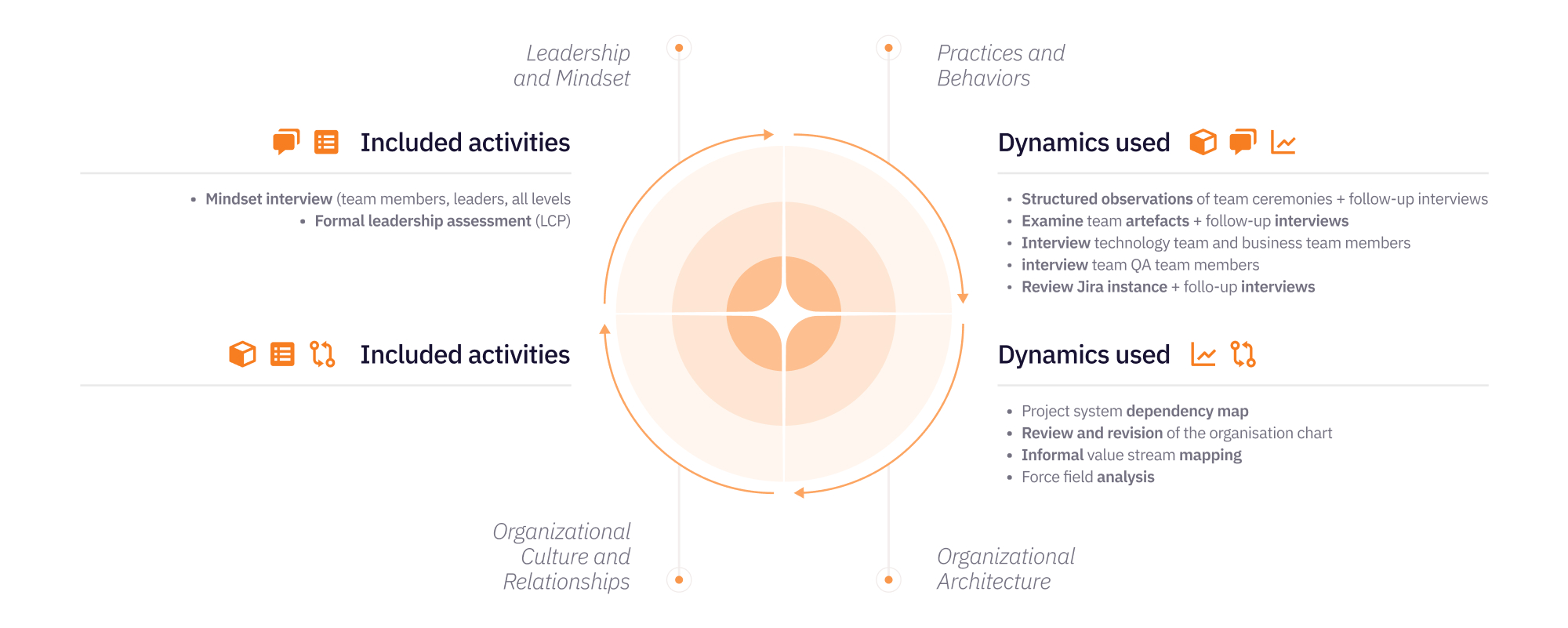
Our Price Plans
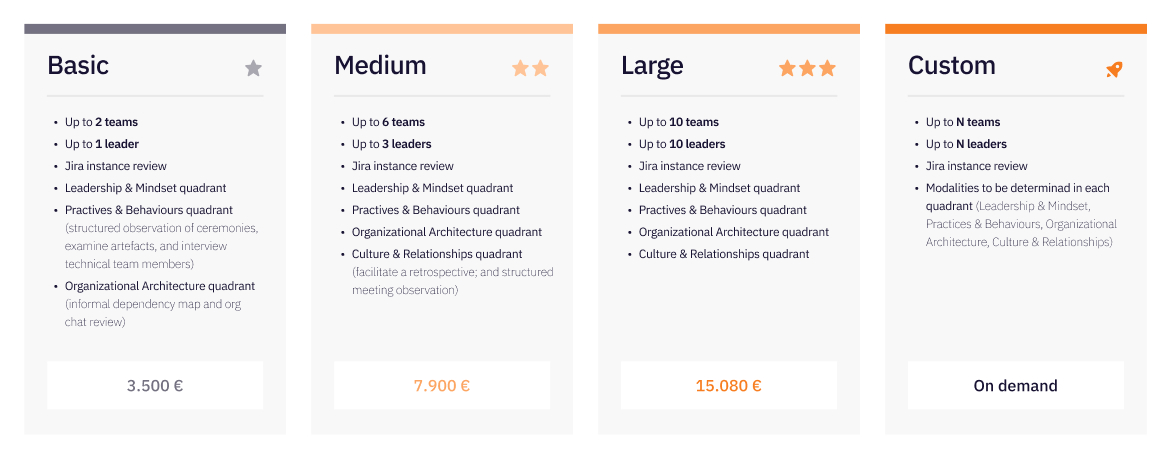


 GO BACK
GO BACK